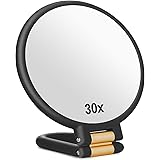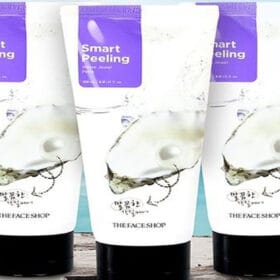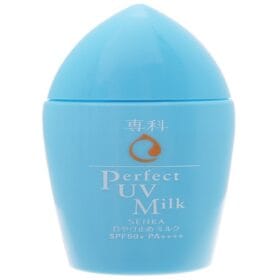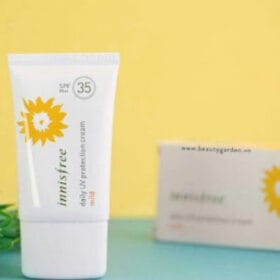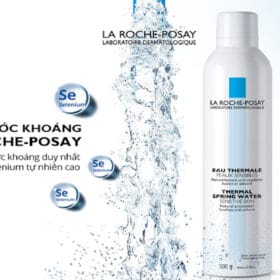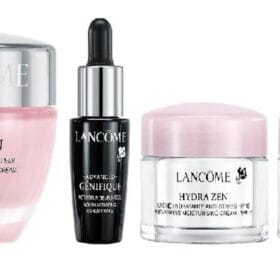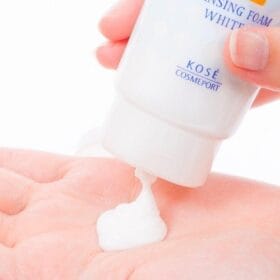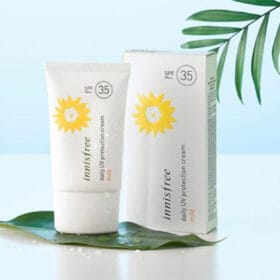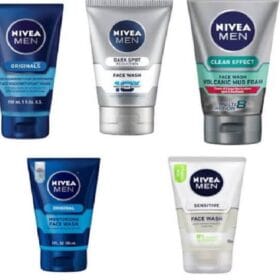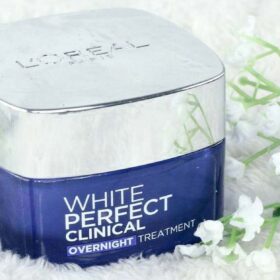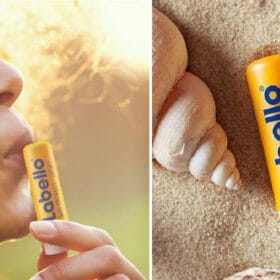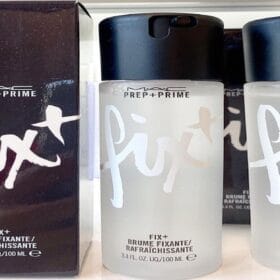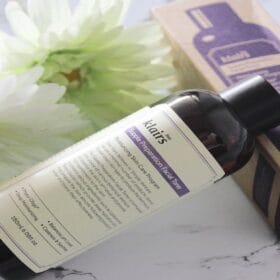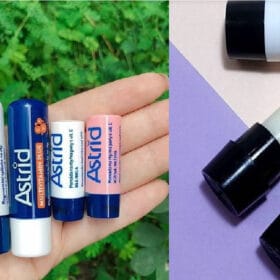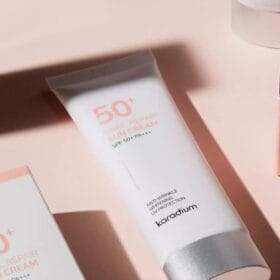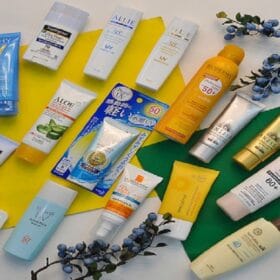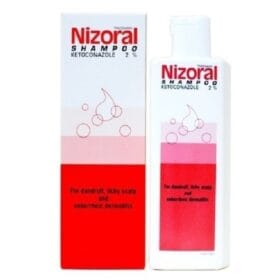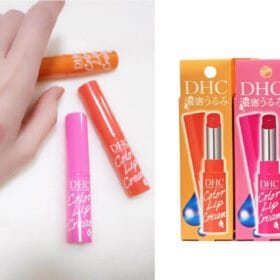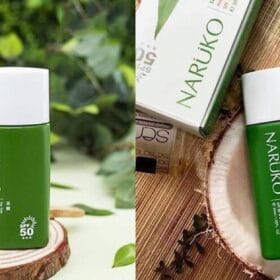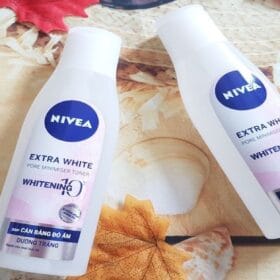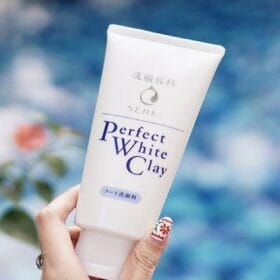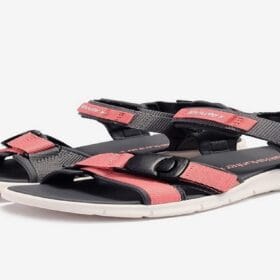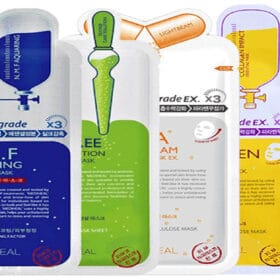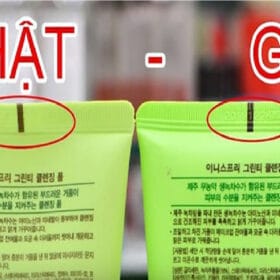Skip to the main content of the article(see)
It must be affirmed from the beginning that beach sunscreen is different from daily sunscreen in many ways. The most basic thing is water resistance and sweat resistance.
Summer is knocking on the door so the need to travel is increasing. Protecting normal skin is already difficult, but when you’re roaming around the blue sea and white sand, how can you avoid sunburn? Is using sunscreen at the beach different from everyday sunscreen? These two creams do not use the same function.
The purpose is to prevent the impact of UV rays, but one type is suitable for normal hot weather, the other type must have high sun protection but also needs to be water resistant. Let’s differentiate below to avoid the situation of going to the beach and using sunscreen but still getting burned.

Sunscreen for the beach needs to have a higher sun protection factor
The first factor to consider in a sunscreen product is the sun protection index. You need to pay attention to the SPF of the product, as well as whether the spectrum is broad spectrum to protect against both UVA and UVB. When going to the beach, you should choose one with SPF 50+, and should have PA++++. Also pay attention to phrases like “Broad Spectrum”.
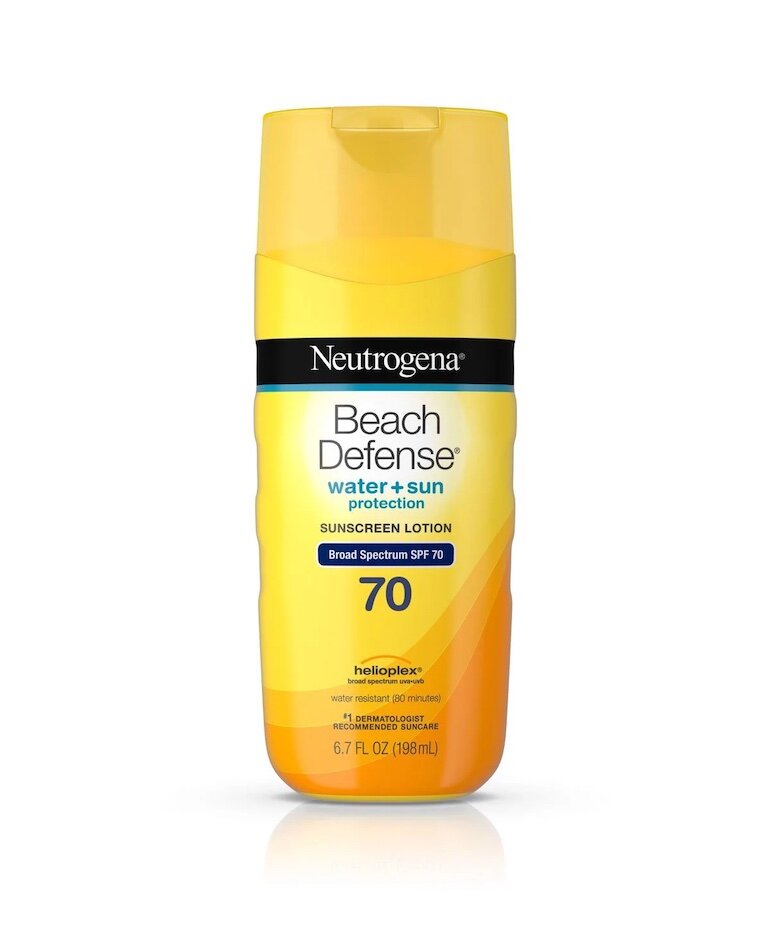
The durability of sunscreen for the beach must be better
The texture of most beach sunscreens is heavier, has many additional formulas or relatively complex ingredients to maintain the product’s durability. Normal sunscreen needs to keep the skin feeling comfortable and avoid acne, so it meets the criteria of being thin, smooth, and naturally light. As for the marine line, it must have wider coverage and be much more durable.
Water resistance of beach sunscreen

Most sunscreens used for going to the beach have dual water resistance. That means you can resist water from the outside environment such as sea water, rain water, swimming pool water… in addition, you can also resist water secreted from the body such as lubricants and sweat. Not stopping there, many sunscreen lines can also dissolve water, thereby turning them into ingredients that make the cream last longer.
This is almost difficult to encounter in daily sunscreens. Please note that when going to the beach, you should use a specialized type so that you can freely travel, move and play in those coastal areas. Regular sunscreen is inferior to beach sunscreen because it is difficult to maintain durability on the skin, easily washes off, and absorbs more sunlight.
How to choose the right sunscreen for the beach
For sensitive, easily irritated skin, choosing a daily sunscreen is difficult, and choosing one for going to the beach is even more difficult. If you choose a type that is too “heavy”, it can easily cause your skin to become red, damaged, and rash. You need to pay attention to choosing good sunscreen ingredients that are still less irritating such as ZinC Oxide, Titanium Dioxide, and moisturizers like Glycerol. You should choose oil-free. You pay attention to its oil resistance and water resistance.
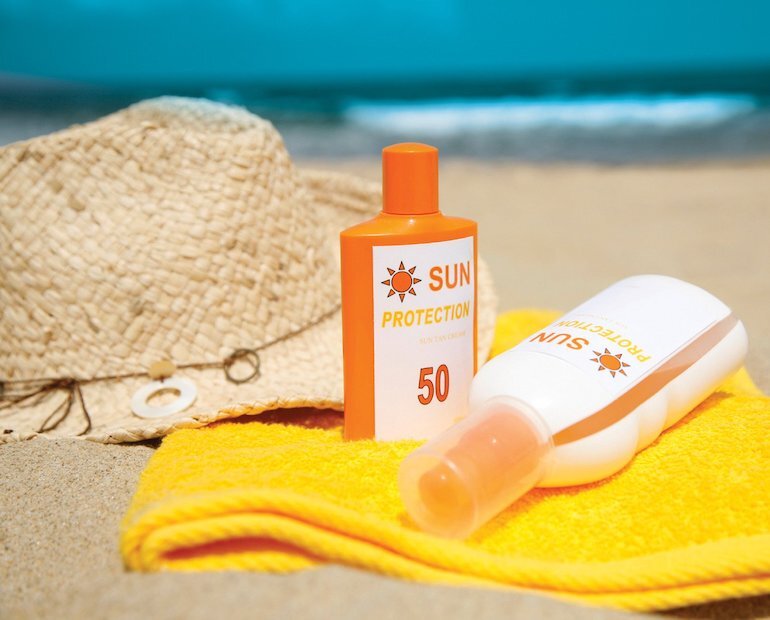
If you want to choose the right type, don’t be afraid to read reviews or ratings. There are many lines of sunscreen for the beach, not a few.
It is important to note that sunscreen for beach use tends to stay on the skin for a long time and will wash off after about 12-24 hours. But as time goes by, there are still uneven patches that exist on the skin. You need to pay attention to using makeup remover oil or deep cleansing makeup remover to remove all this sunscreen. Many people say if they don’t wear makeup, do they need to remove it? The answer is that even if you only apply regular sunscreen, not to mention sunscreen when going to the beach, you should thoroughly remove makeup from every pore.


